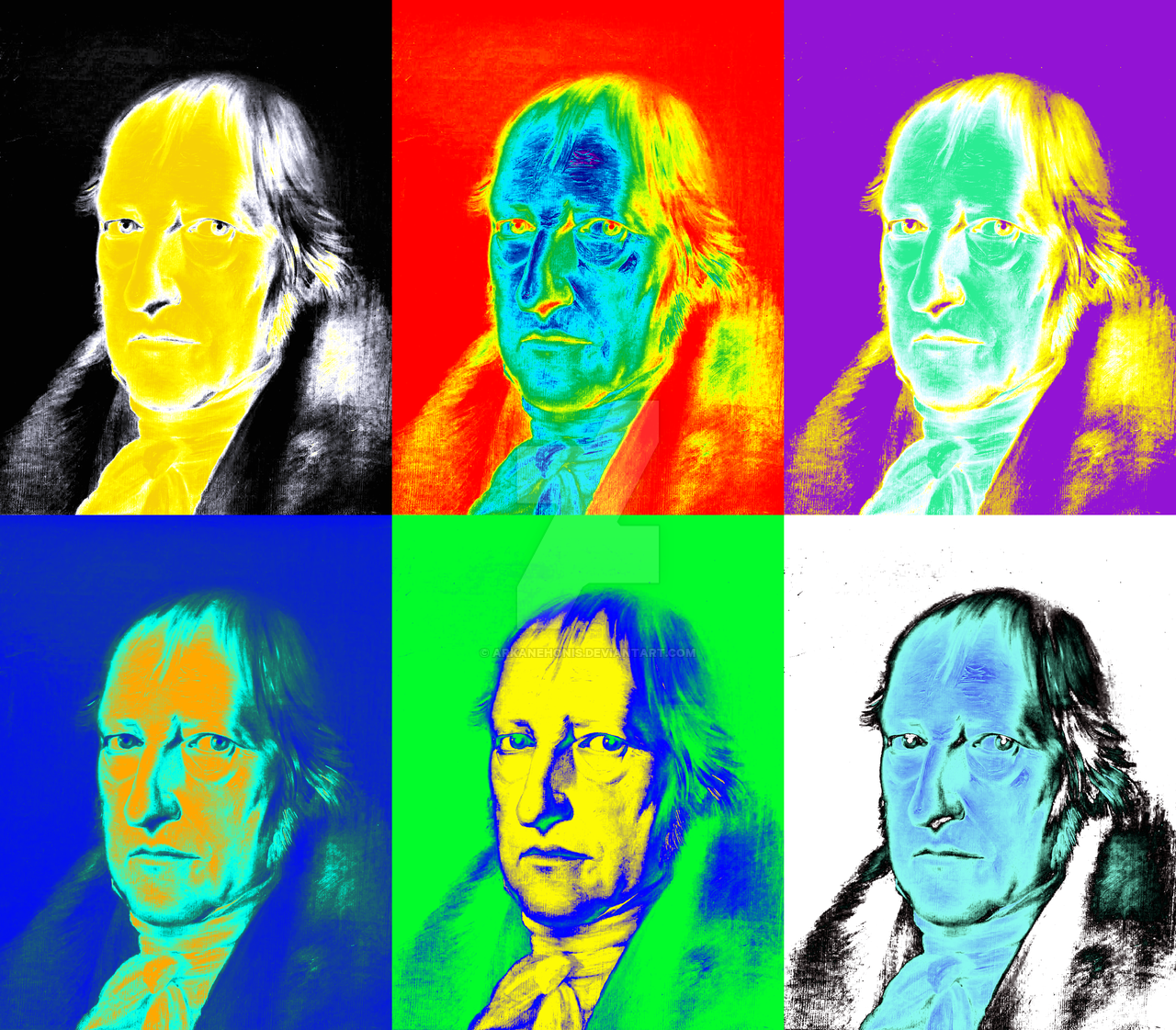Contemporary Readings of Hegel Instructor: Ray Brassier Module: 2 Date & Time: Sunday October 9, 16, 23, 30 and November 6, 13, 20, 27 10:00am – 12:30pm EST

DESCRIPTION
Hegel famously characterized philosophy as its own time comprehended in thought. Today, 185 years after Hegel’s death, several contemporary philosophers have enlisted Hegel in their attempts to comprehend our time in thought. What is striking however is that these philosophers invoke Hegel as the inspiration for radically antagonistic comprehensions of our present. Since the spontaneous comprehension of our present is as a time of catastrophic crisis it is unsurprising that the comprehension of crisis should be riven by a crisis of comprehension. The power of Hegel’s thought, and its contemporary salience, so this course will argue, is that crises of comprehension must yield comprehensions of crisis that obligate their critical overcoming.
The necessity at issue is rational and it is precisely the status of rational necessity that is at stake in these antagonistic reactivations of Hegel. The claim that Hegelian rationalism is committed to converting crises of comprehension into their comprehensive overcoming will be tested against those who emphasize the conciliatory, integrative aspect of Hegel’s rationalism at the expense of traumatic discontinuities, but also against the attempt to convert Hegel’s thought into a tragic meditation on the impossibility of rationally overcoming trauma. We will trace the schism between these integrative and disintegrative reactivations of Hegel back to conceptual issues about the status of rationality, metaphysics, critique, dialectics, and the absolute in Hegel’s thought. We will also try to understand how these conceptual antagonisms give rise to fundamental political antagonisms, not only between social democratic reformism and revolutionary communism, but also between communism as a possible object of affirmation and communism as an impossible lost object of mourning.
The course consists of two modules, each of four weeks.
REQUIREMENTS
Each module of the two-part seminar will be composed of four two and a half hour sessions, each of which will be conducted as an extended seminar. During this period material blogged the previous week will be discussed alongside the set material. Based upon the set readings, online news and commentary, and ongoing class discussion, students will be expected to contribute ~400 words of content to the seminar blog on relevant topics. (This will additionally be posted to the google classroom page for everyone to read and comment upon as they wish, providing some preliminary threads for the group discussion). The final assessment will consist of a 2500 word extended essay on a topic agreed upon with the instructor in advance.
Image: Contemporary Hegel by Arkan Ehonis, 2013-2016
You cannot enroll in this Seminar because it has already been completed. To become a Monthly Memebr of The New Centre and watch the related videos, click here to go to PayPal and subscribe:
To see The New Centre Refund Policy CLICK HERE.
To see The New Centre Refund Policy CLICK HERE.